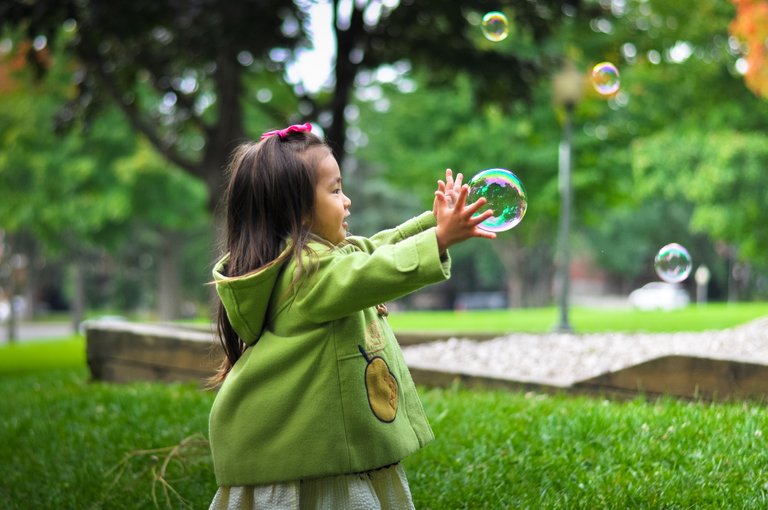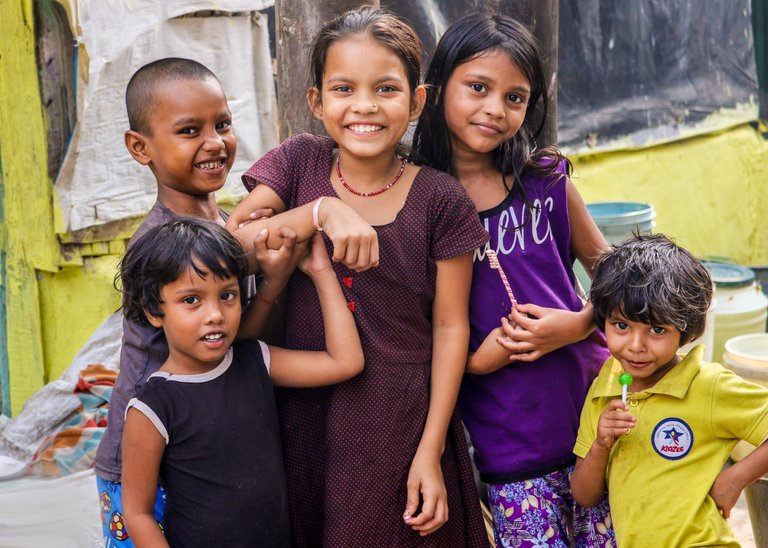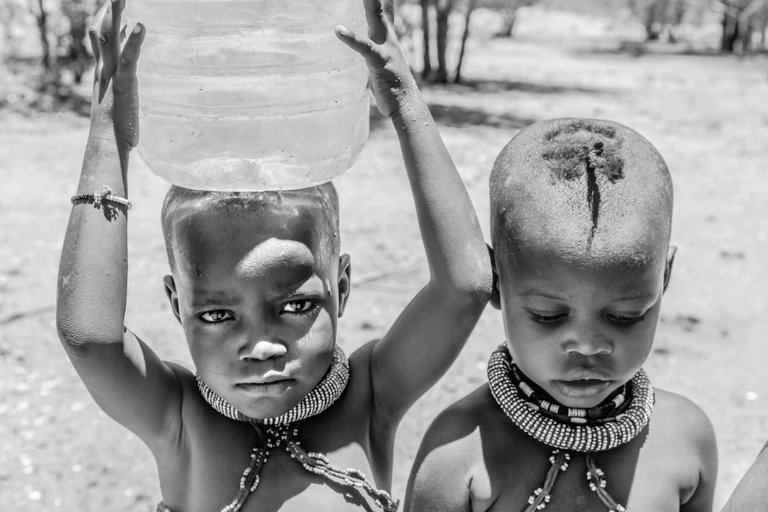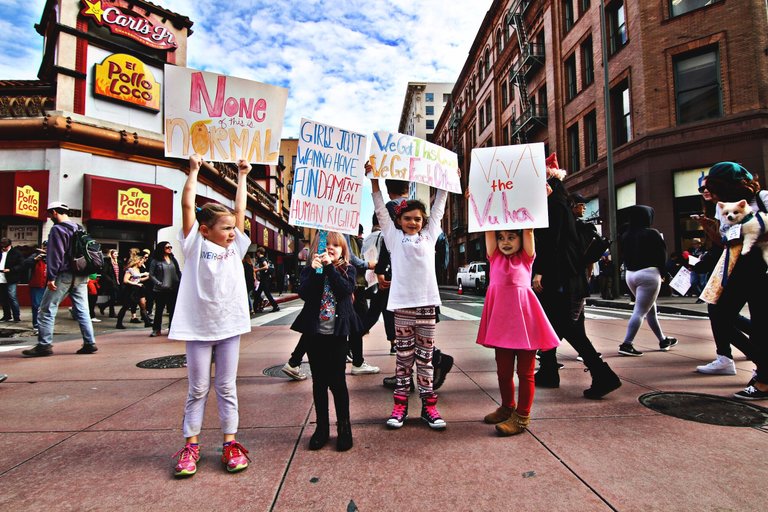Children are our little angels, right?
They are innocent, fragile, infinitely cute and we do everything to please and protect them. They are priceless to us and they have become the center of our world. They are our cherubs.
 Photo by Leo Rivas on Unsplash
Photo by Leo Rivas on Unsplash
This view of children is actually quite new in the human species, and is typical for the so-called WEIRD societies (western, educated, industrialized, rich democracies). It emerged somewhere in the last 150 years in Europe, North America and parts of East Asia.
The main characteristic is that the child becomes the center of the family (as well as the society), and the parent-child relationship is, most often, a one-way street, meaning that the parent has endless responsibilities and duties towards the child, and the child becomes the true source of authority (because everything is subjected to it). Ironically, even though the child has more authority than the parent, it has very little freedom and almost no responsibilities.
When we look at the bigger picture of humanity, we can see that for the most of our past and in the greatest part of the world today, children were and are treated and perceived in very different ways.
 Photo by Loren Joseph on Unsplash
Photo by Loren Joseph on Unsplash
One such way has to do with the belief that children exist somewhere in between the human and the spiritual world. As they grow older, this connection weakens and eventually is lost. Some cultures put their focus on the innocence of children who, due to their purity, still remain connected to the god(s) and can convey them messages - this is why e.g. the Incas sometimes sacrificed their children, and why children were "donated" to temples and monasteries.
This link with the spirit world can also be seen as making children vulnerable and prone to the effects and influences of some evil forces. Many cultures have developed different ways and rites which are supposed to protect the children (like christening in Cristianity). Often, the influence of evil forces serves as an explanation of disease such as epilepsy or any kind of body deformation or anomaly, but it is also used as a way to get rid of unwanted children. For the past few years, there has been a rise in the number of the so-called ''witch children'' in parts of Africa, who were sent away from homes and now have to live on the streets, are heavily stigmatized in the society and often go through serious physical and psychological abuse. Oh, and by the way, exorcism has become a real money-maker in local churches (mostly Pentecostal ones). However, such behaviour was quite rare up until recently. We should have in mind that such mistreatment of children is often closely related to poverty and lack of education. If you want to know more about this problem, you can check out these links: http://mgafrica.com/article/2014-08-21-child-witches-in-africa-far-from-being-a-traditional-belief-it-is-a-modern-invention and https://www.huffingtonpost.com/tihomir-kukolja/witch-children-in-nigeria_b_5149931.html
 Photo by Jessica Mulder on Unsplash
Photo by Jessica Mulder on Unsplash
Another very common and almost universal view of children is that they are chattel, that is, that they carry some form of value, material or social. Child's worth is basically defined by its usefulness. It is expected from children to give back to their parents, to return the parental investment, and to take care of their parent when they grow old. It is also expected for the children to contribute in some way to the household. From early on, children help around the house or in the field. They learn to do all of this through play, and they often say that they like to feel useful. Children here usually have a lot more freedom, but they also have many responsibilities.
Where all of this can become problematic is child labour. In many places in the world, and throughout history, children were forced to work, whether by an enslaver, or due to poverty and lack of resources. Child labour is often a significant contribution to the family budget, and, in some cases, children might even earn more than their parents.
Children of higher-classes were often, through marriage, used as social capital so that a certain family might form alliances and climb the social ladder.
 Photo by Nicole Adams on Unsplash
Photo by Nicole Adams on Unsplash
I think it's important to have in mind how diversified we are as a species, and that there isn't just one way, just your/my/our/their way of looking at things. Multiple ways coexist at the same time, and every way has its ups and downs. While it is often easy for us to see the problems and faults of other cultures and societies, it is also sometimes difficult for us to see our own faults and mistakes. If we were just more aware of what else is out there, outside of our own little worlds, the way we look at things would change. Even though we often pride ourselves, here in the West, in the great quality of our children's lives and the high level of children's rights, we are still far from perfect and we do, in fact, sometimes unintentionally harm our children because we think we got it all figured out. But that's a topic for a different post :)
This was a brief overview based on David Lancy's book Anthropology of Childhood: Cherubs, Chattel, Changelings
You received a 10.0% upvote since you are not yet a member of geopolis.
To read more about us and what we do, click here.
https://steemit.com/geopolis/@geopolis/geopolis-the-community-for-global-sciences-update-3
If you do not want us to upvote and comment on your posts concerning earth and earth sciences, please reply stop to this comment and we will no longer bother you with our love ❤️
Thanks for the support :))
This was really interesting to read. It is sad to know that child labor is still a practice in some places of the world but we can hope that it will end soon.
Thank you for sharing this, I love how educational your post are.
Thanks, I appreciate your comment :)
A very interesting read, good job!
Thank you :)